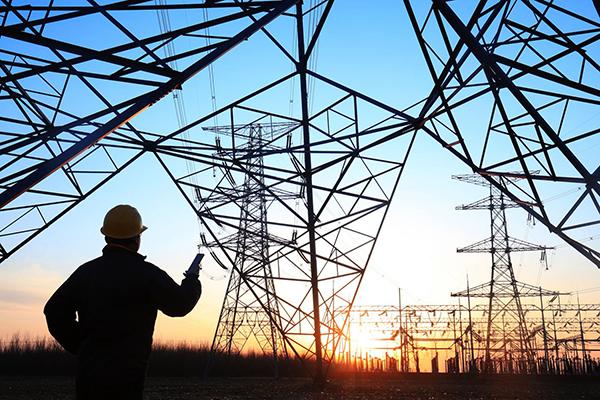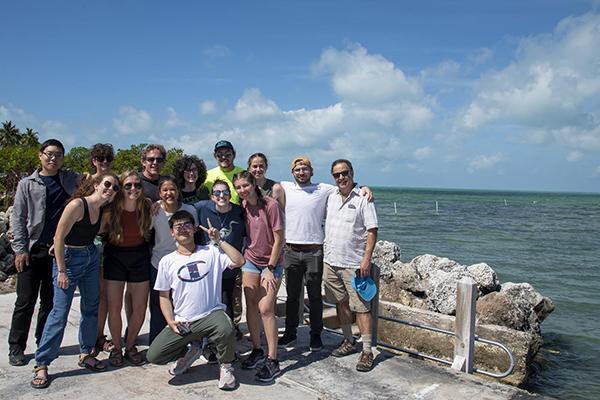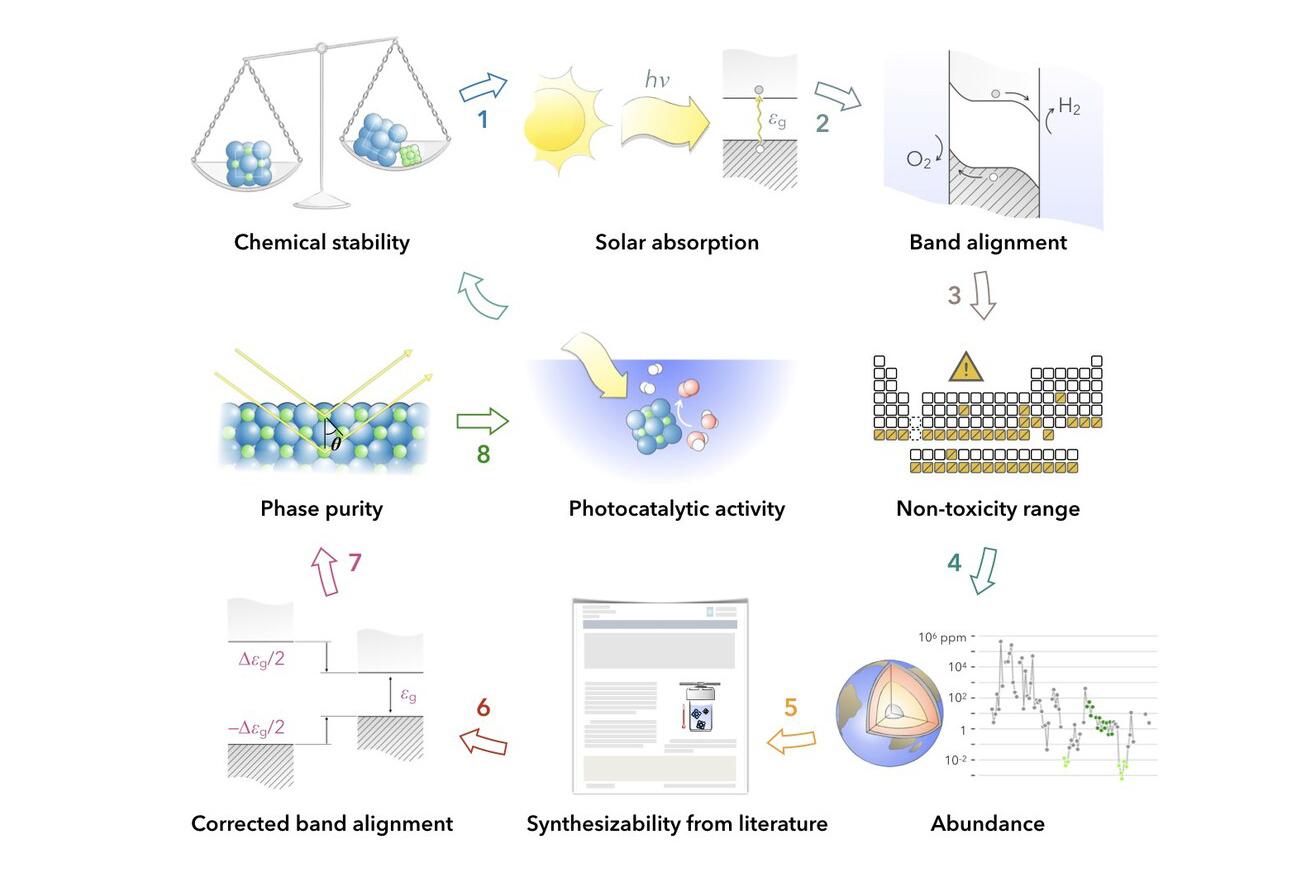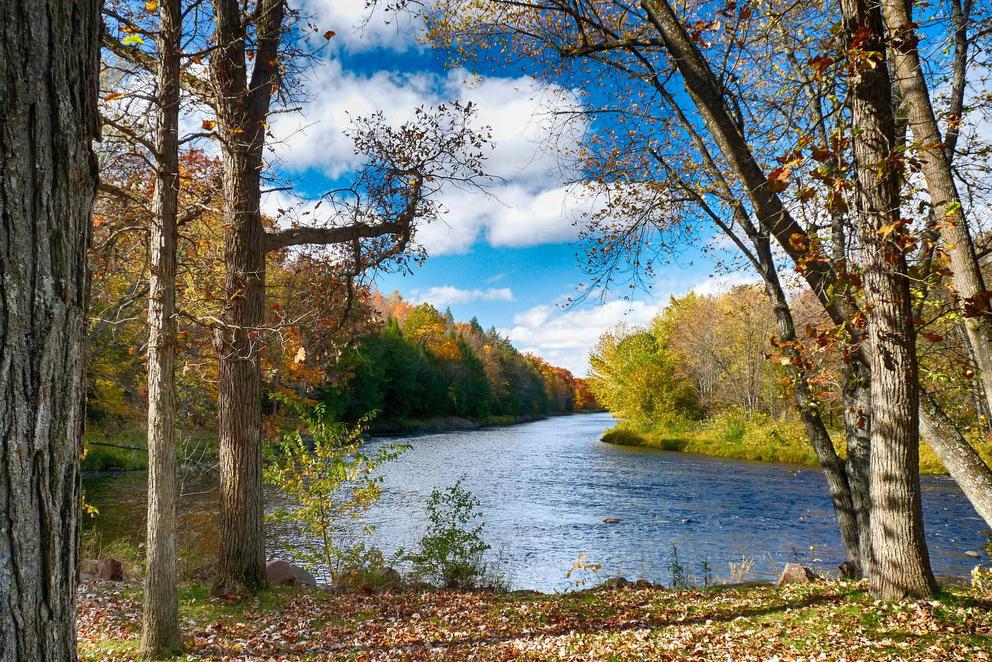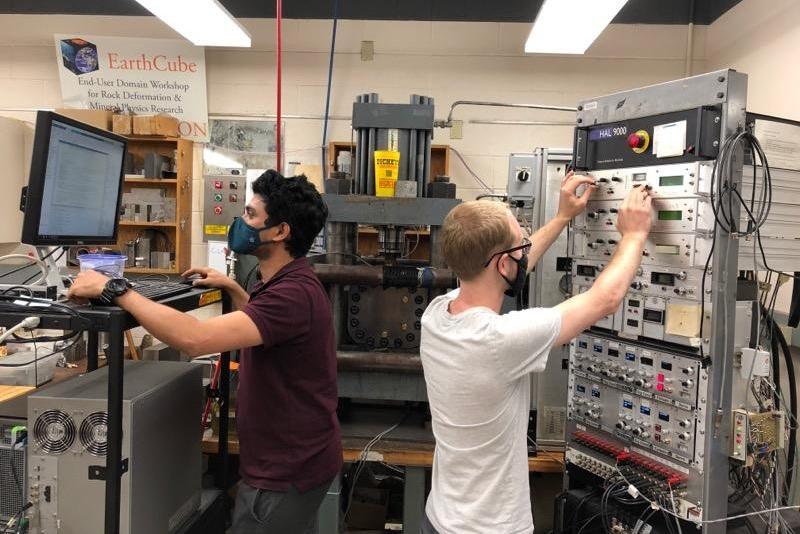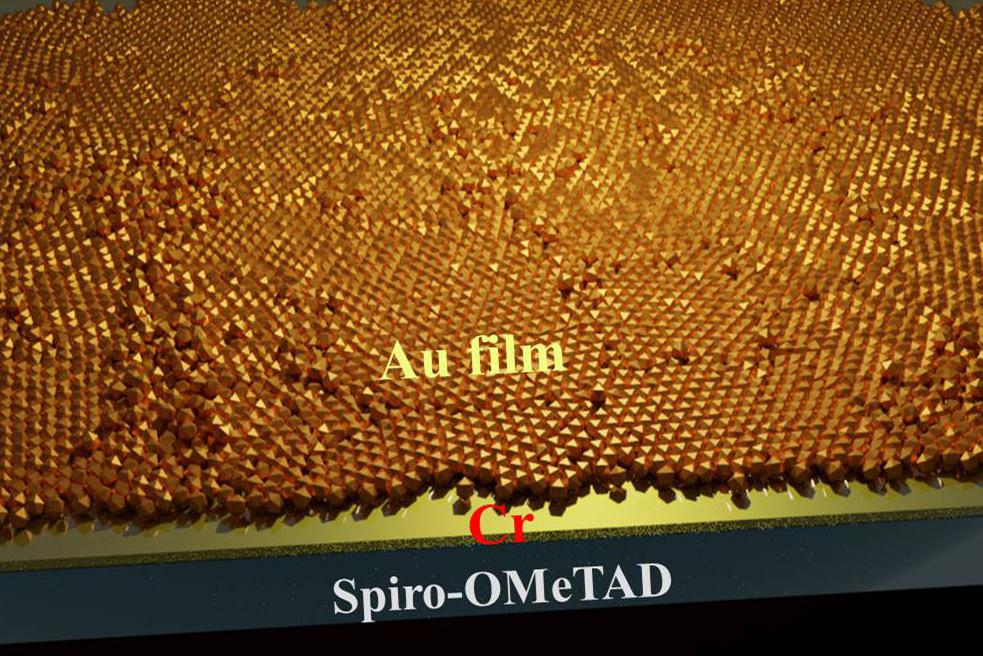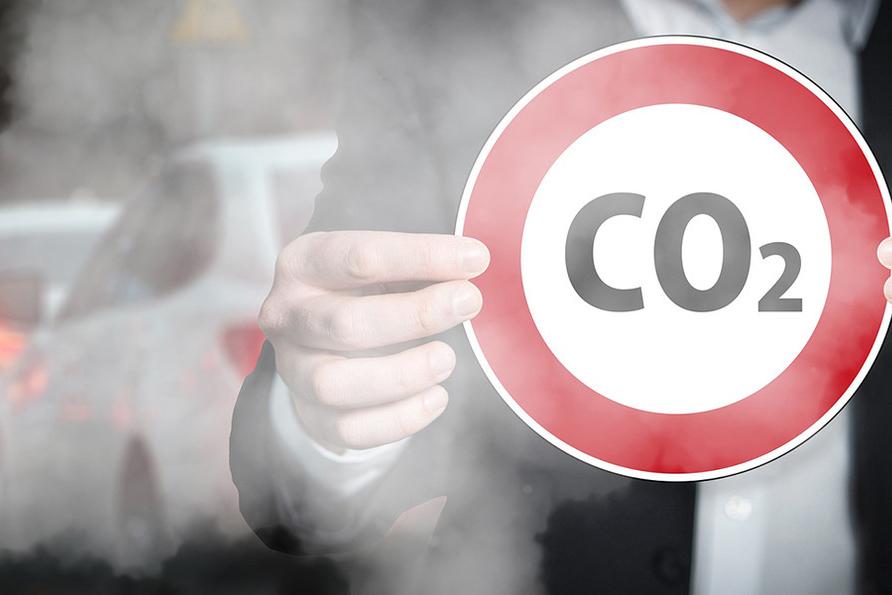Sustainability is a strategic initiative in the College of Earth and Mineral Sciences. Below are the most current stories showcasing our college's sustainability efforts.
Subscribe to the Sustainability News listsesrv
New subscribers can join by sending mail to: L-EMS-SUSTAINABILITY-COUNCIL-NEWS-subscribe-request@lists.psu.edu

News
The emerging Penn State Water Consortium announced personnel updates to the Penn State Water Council and the addition of a director of research.
Small farms and home gardens where landholders raise multiple species of culturally important crops can have a significant impact when it comes to meeting the United Nations’ goal to end global hunger and malnutrition, according to an international team of researchers.
Twenty-eight experts from various fields participated as panelists and presenters at the 2022 Critical Infrastructure Protection (CIP) Workshop, jointly hosted by the Penn State Center for Security Research and Education (CSRE); Center for Energy Law and Policy; and the Institute for Sustainable Agriculture, Food, and Environmental Science.
For several Penn State students taking a course on marine biogeochemistry, the coastal waters of the Florida Keys became an extension of their laboratory.
Using solar energy to inexpensively harvest hydrogen from water could help replace carbon-based fuel sources and shrink the world’s carbon footprint.
Despite the devastating impact the emrald ash borer has had on forests in the eastern and midwestern parts of the U.S., climate change will have a much larger and widespread impact on these landscapes through the end of the century, according to researchers.
Penn State scientists are working to predict possible breaks in massve underground reservoirs that store geothermal energy and how to mitigate the potential fallout.
Developing new ultrathin metal electrodes has allowed researchers to create semitransparent perovskite solar cells that are highly efficient and can be coupled with traditional silicon cells to greatly boost the performance of both devices, said an international team of scientists.
Increasingly aggressive strategies are needed to reduce current and future carbon emissions and proactively remove carbon-based heat-trapping gasses that have been emitted to date. A panel of experts will discuss this topic during the webinar “Getting to negative: strategies, ethics and co-benefits.”
With a sled full of wooden stakes, green tree shelters and saplings in tow, Tim White made his way across acres of mud and grass and at times ankle-deep water to a three-person team planting saplings along a trench.



